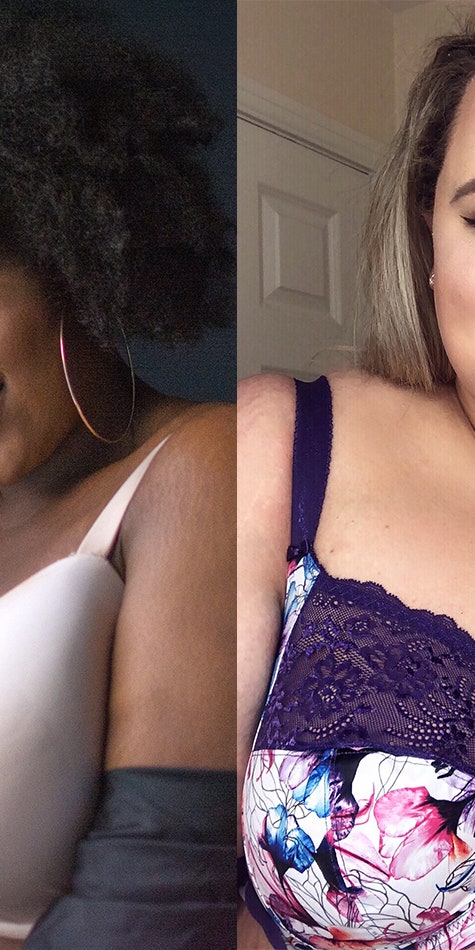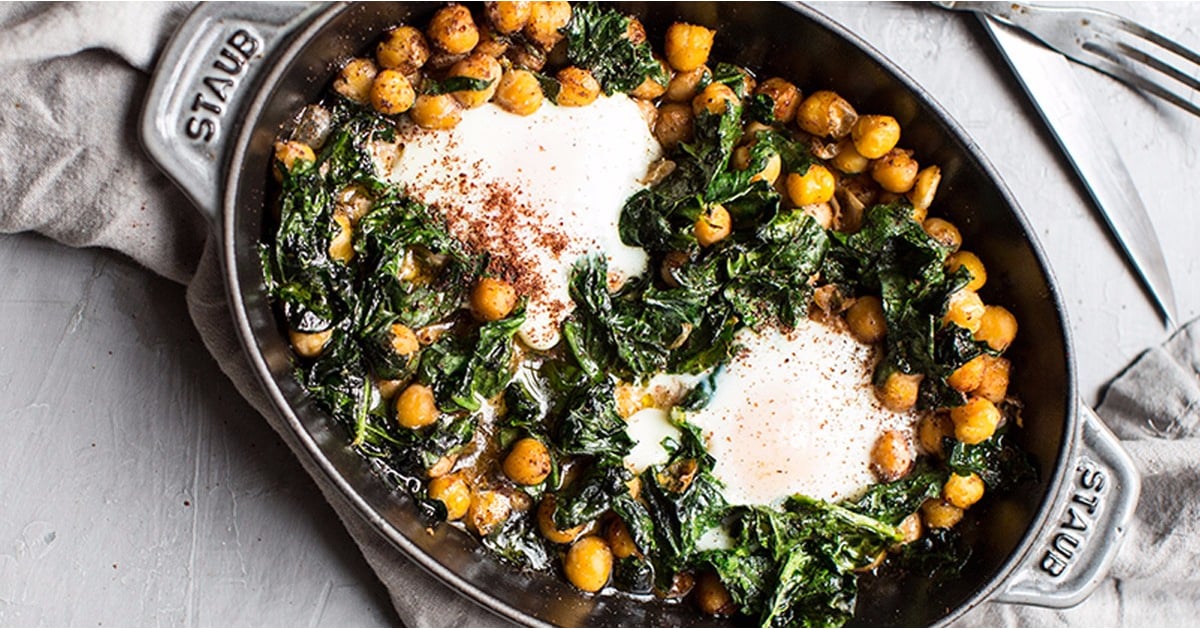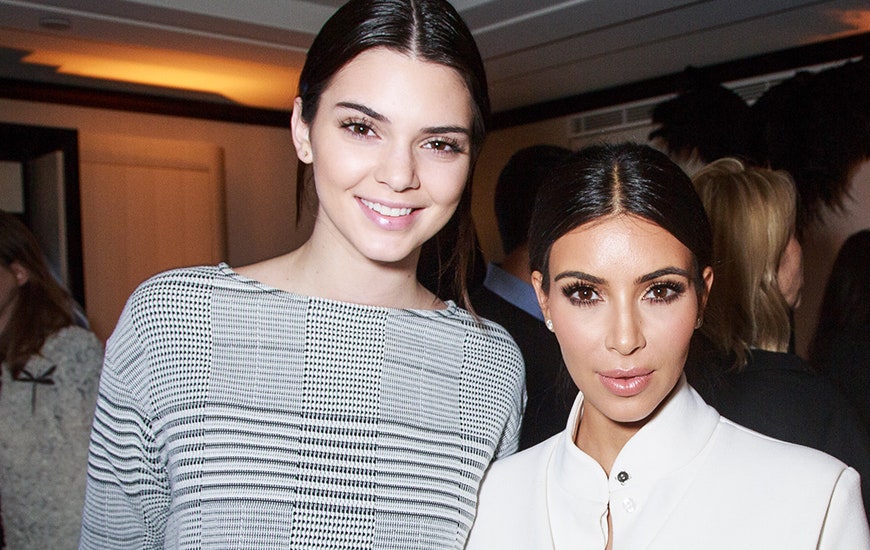Body neutrality’s central question is a simple but powerful one: What if, instead of hating our bodies or loving them, we simply regarded them neutrally, accepting them as they are? It’s a concept that’s gotten lots of attention lately—in no small part because of body positivity fatigue, as more and more of us are realizing that loving our bodies might be too lofty a goal, a bridge too far for our current, deeply conflicted relationships with the shape of our own skin.
And body neutrality has been making headlines these last few years, too. Jameela Jamil and Taylor Swift have embraced it. Outlets including The Guardian and The Cut have published articles like “Forget Body Positivity: How About Body Neutrality?,” “The Rise of the Body Neutrality Movement: ‘If You’re Fat, You Don’t Have to Hate Yourself,” and “What is body neutrality, the new trend loved by beautiful celebs?” On Instagram, 57,000 posts are tagged #bodyneutrality, and more are added to its growing canon every week.
I can understand the appeal of body neutrality. Initially, for many, body positivity felt promising: a movement that encouraged us to celebrate our bodies as they are, not as they will (or could) be. Neutrality can feel like a welcome relief and a more attainable goal. For those of us recovering from eating disorders, battling body dysmorphic disorder, or carrying major body-based trauma, neutrality can feel like a more manageable goal than positivity. Even if we’re not dealing with those acute pressures, loving our bodies can still feel lofty, utopian in a way that’s impossibly out of reach. And that only becomes more difficult the further our bodies lie from a thin, white, able-bodied standard of beauty or health.
Body neutrality seems to offer the opportunity to take the power away from our bodies, to free us up to think about something else and just live our lives. In the context of individual recovery and resetting our relationships with our own bodies, that’s a powerful task to undertake—and it can be a meaningful tool for internal work.
But like body positivity before it, in most conversations about body neutrality, what I see almost exclusively is discussion about the importance of how we feel about our own bodies. But what I rarely see is these conversations engaging with the larger social forces that shape our own body image—much less challenging those forces. After all, fully embracing our own bodies can be easier said than done—especially if our bodies are marginalized ones. We live in a world that constantly, ruthlessly judges our bodies—particularly if our bodies are anything other than white, thin, abled, free of scars and blemishes, or otherwise marked by difference. Those judgments are upheld and deepened by institutional practices and cultural beliefs that keep fat people, disabled people, people with disfigurements, and more on the margins—not because of how we feel about our own bodies, but because of how other people treat our bodies. But rather than tackling the systems that produce inequality among our bodies, body neutrality suggests that the way to deal with the impacts of these complex, systemic forces is simple: just change your mindset.
In that way, body neutrality perpetuates a problem that has long plagued body positivity: the conflation between body image and body-based oppression. Body image refers to how each of us individually feel about our own bodies. Body-based oppression is about how the world around us treats our bodies. So, for example, a fat disabled person might not have issues with how they see their own body, but may struggle with a lack of acceptance from those around them and in the environments they’re in. Conversely, a thin, white, able-bodied person may struggle mightily with an eating disorder, but not have to contend with the same kind of street harassment, discrimination, or access issues, as many of us whose bodies are marked by difference do.
As a fat person who writes about what it’s like to be fat, I’m intimately familiar with this conflation. Too often, when I talk about employment discrimination, I’m met with advice to screw the haters, as if that pays the bills for fat people. When I and other fat people talk about the danger substandard health care poses to us, we’re told to just love ourselves. Which isn’t bad advice, but it’s irrelevant to whether or not we experience discrimination. Doctors who refuse to see fat patients aren’t doing it because we “don’t love ourselves.”
After all, none of our bodies are received “neutrally” by those around us. Countless data points show us, time and time again, that those of us whose bodies are marked by difference are treated differently in nearly every aspect of our lives. And simply changing our mindsets, feeling neutral about or loving our bodies won’t address the bias marginalized people so regularly face.
For those of us whose bodies lead to systemic adverse treatment, self-love isn’t as simple as a mindset shift, a light switch to turn on. To be sure, self-love and body neutrality are powerful things. But they aren’t so powerful that they can divert or erase others’ harmful actions or make unjust systems more just. And body neutrality alone can’t address our own learned biases, either. While working toward neutrality with our own bodies may make some limited shifts in how we see others’, it won’t do the work of uprooting our biases for us.
None of that means any of us need to abandon body neutrality. But it does mean we’ll need to stop ourselves from misinterpreting our personal healing practice with addressing our own biases. And we certainly need to be crystal clear that while body neutrality can be a useful individual tool, it is not a movement for body-based justice or liberation.
All of us will need to do what’s right for our own healing—especially those of us in recovery for eating disorders, body dysmorphia, and more. If the best tool for you is body neutrality, I wish you the best with it. But I also ask that you remain steadfast and clear with yourself and others that, as helpful as body neutrality may be, it’s far from the kind of systemic shift we need to address body-based oppression.
Related
-
ICYMI Fat Shaming Is Still Bad for Public Health
-
The Freedom and Joy of Fat Acceptance
-
Can We All Just Stop With Summer ‘Body Goals’?











